Responding to the International Olympic Committee's request for "clarification" about how Russia's anti-LGBT laws will affect Olympic athletes at the Winter Games in Sochi next year, the Russian Ministry of Internal Affairs today issued a statement confirming that LGBT athletes and spectators will be safe — as long as they don't discuss or disclose their orientation.
The interior ministry, which runs the nation's police force, issued the brief statement Monday, according to Russian news outletRIA Novosti.
"The law enforcement agencies can have no qualms with people who harbor a nontraditional sexual orientation and do not commit such acts [to promote homosexuality to minors], do not conduct any kind of provocation and take part in the Olympics peacefully," said the statement, according to RIA's R-Sport.
The statement went on to claim that Russia is not violating the rights of its LGBT citizens, despite several documented cases this summer alone of LGBT Russians and tourists being tortured, beaten, and arrested. The ministry's statement said any claims that Russia will stop LGBT athletes from competing in the games are "totally unfounded and contrived."
But the head of Russia's National Olympic Committee, who is also the deputy prime minister, further illuminated the impact the law will have on LGBT athletes and spectators, citing the law's prohibition of "propaganda of nontraditional sexual relations" to minors.
"If a person does not put across his views in the presence of children, no measures against him can be taken," Alexander Zhukov told RIA. "People of nontraditional sexual orientations can take part in the competitions and all other events at the games unhindered, without any fear for their safety whatsoever."
Earlier this summer, President Vladimir Putin signed into law the ban on such "propaganda" to minors, though advocates say the law is so poorly defined it criminalizes any discussion of the existence of LGBT people. Given the vague definitions of "propaganda" in the law and the international audience of the Olympics, today's statement from the interior ministry could serve as a gag order for LGBT athletes who want to show their pride by wearing a rainbow pin or holding a partner's hand, since Russian authorities could easily claim that children attending the games were exposed to such "propaganda."
At least two other Russian lawmakers have confirmed the anti-LGBT law will remain in force in Sochi. After saying that anyone who "propagandizes" about being LGBT at the Olympics will be "held accountable," Russian sports minister Vitaly Mutko last week told LGBT activists to "calm down," vaguely promising that "all rights will be protected."
Like SheWired on Facebook
Follow SheWired on Twitter













































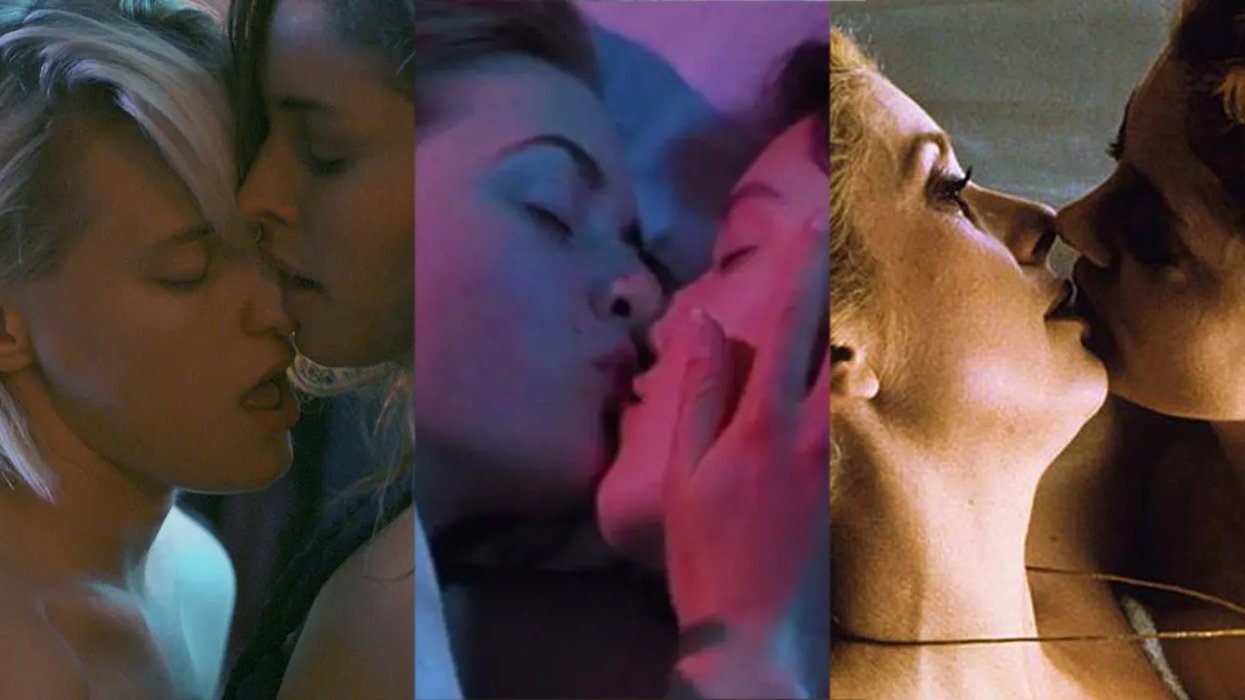
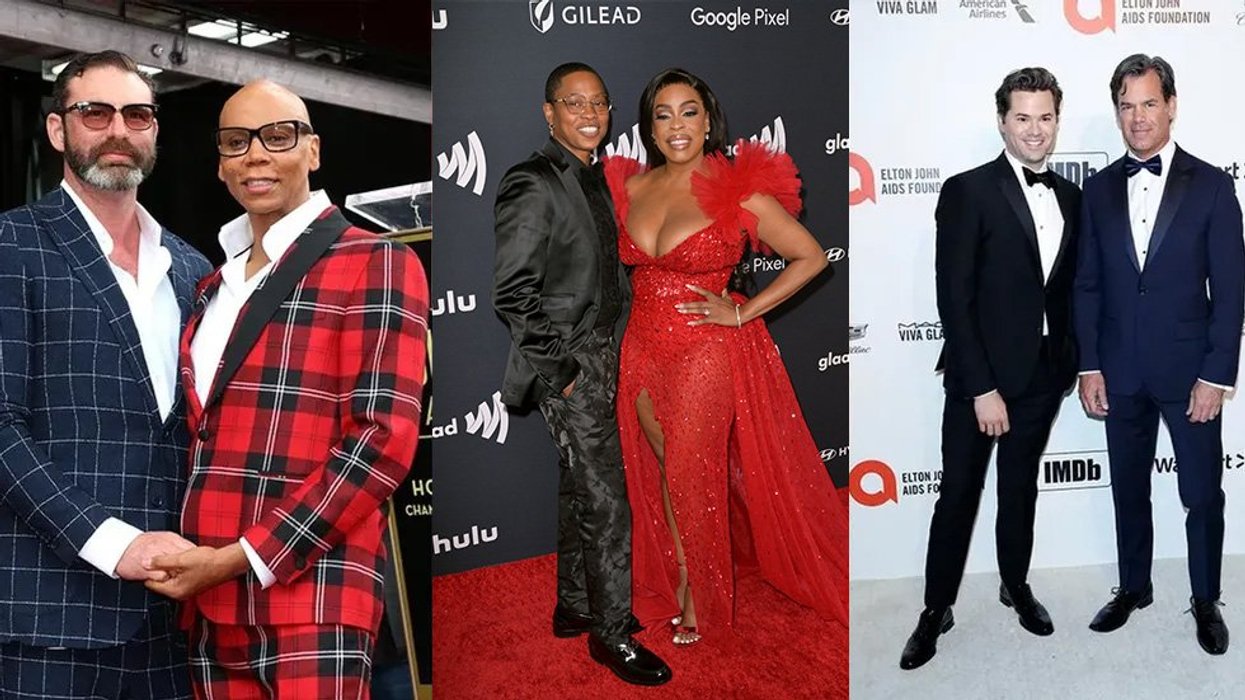

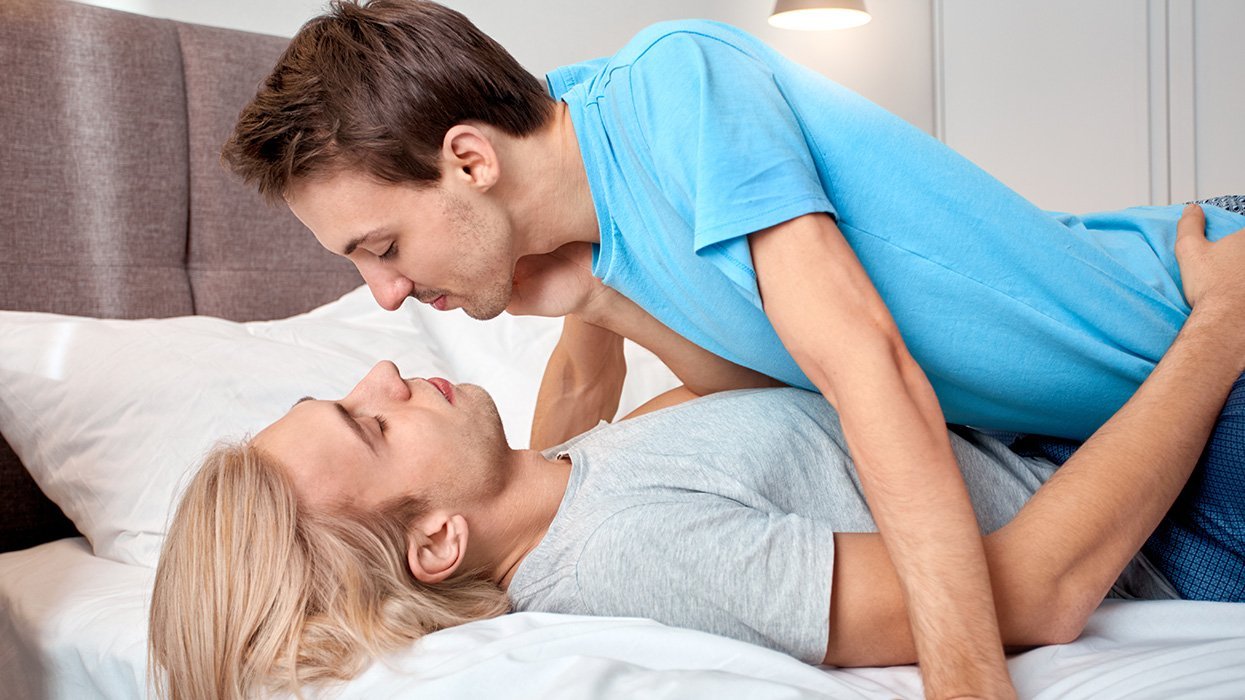




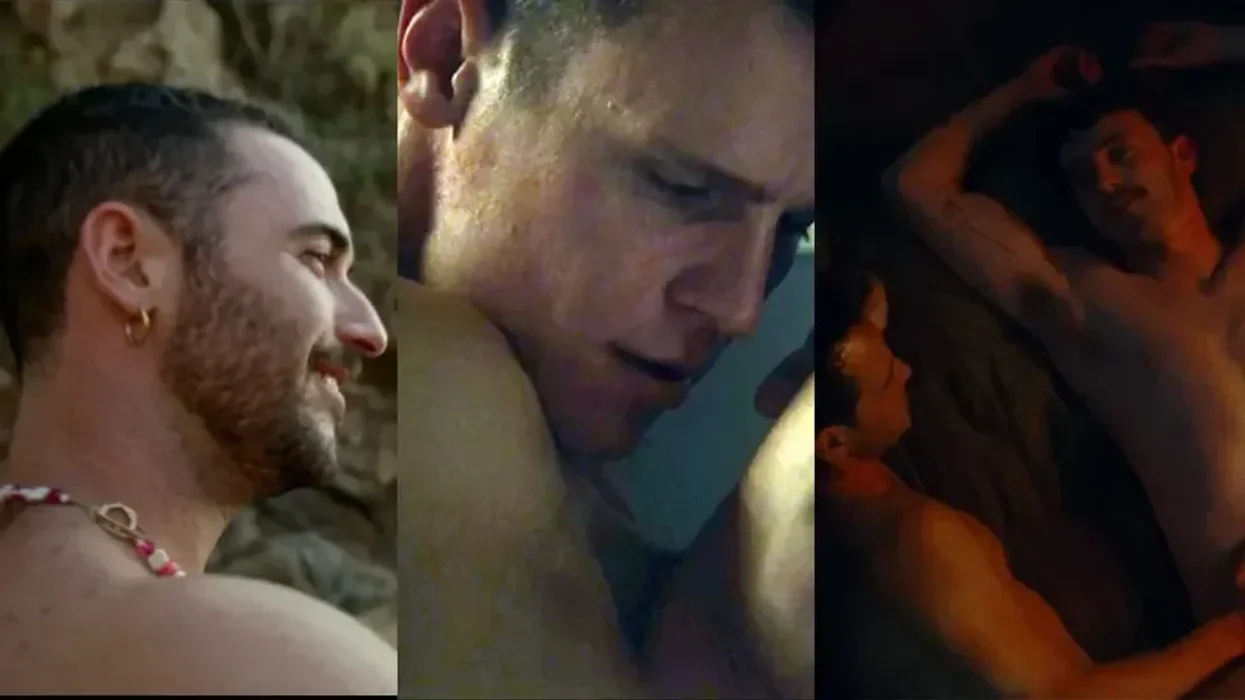





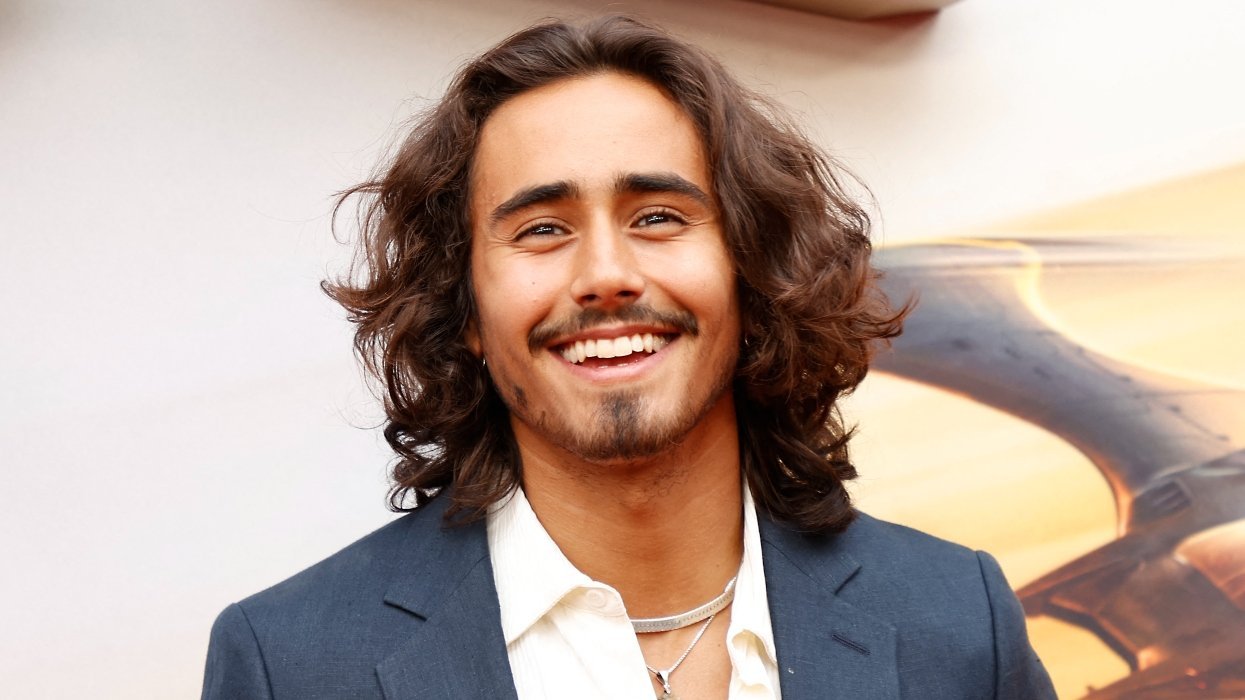




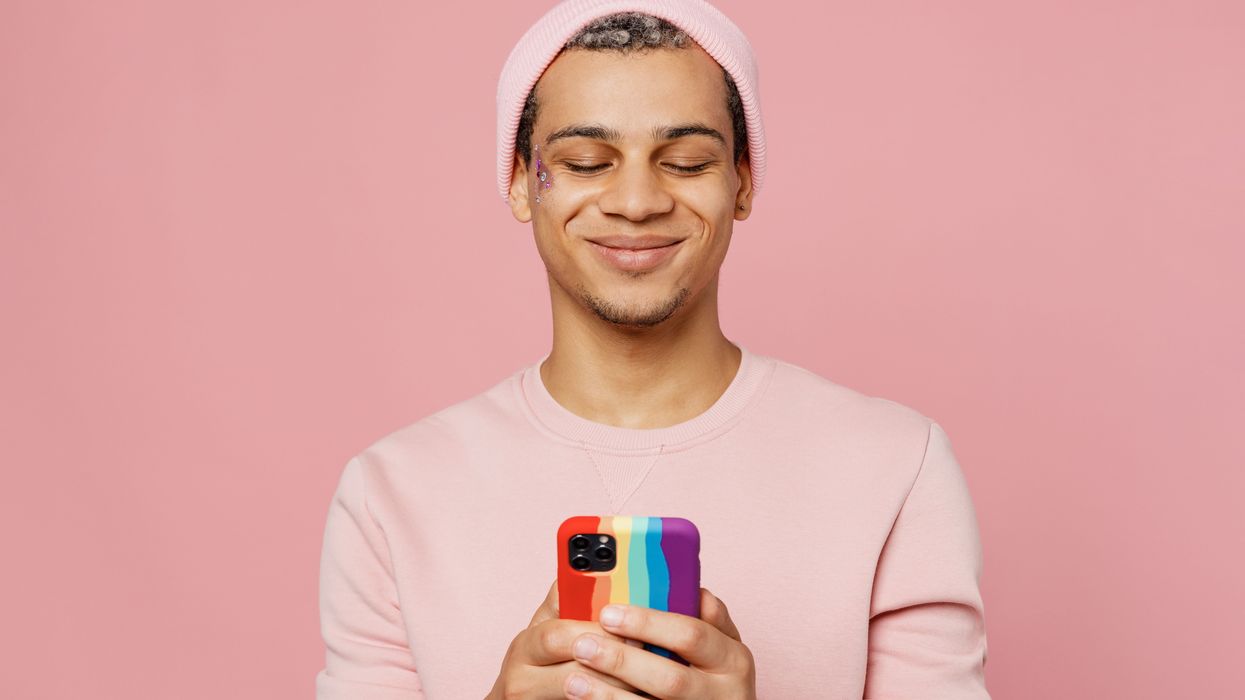







































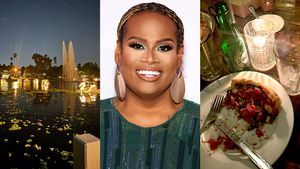


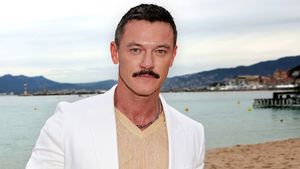














ANOTHER gay adult star gets POUNDED after coming out as a Trumper